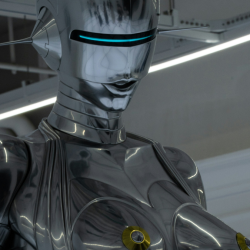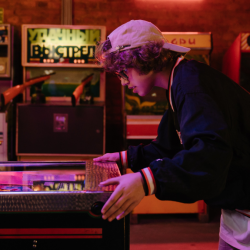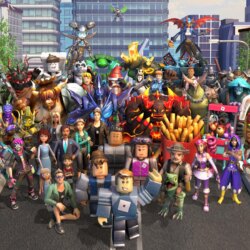Currently, more than 55 million people live with dementia worldwide, and nearly 10 million new cases are added every year. According to WHO, Alzheimer’s disease is the most common form of dementia and makes up 60–70% of cases.

With people under 65 accounting for up to 9% of cases, Momentum Worldwide, a global experiential agency, in collaboration with CEAFA (Spanish Association Against Alzheimer’s and other Dementias) have set out to raise awareness about early onset Alzheimer’s amongst Gen Z in Spain — using Fortnite.
The campaign features the first-ever immersive simulator on the Fortnite video game, allowing players to experience the symptoms of Alzheimer’s in a virtual world including disorientation, memory glitches and time and space dissociation.
Rodri González, Spain Executive Creative Director at Momentum Worldwide told MediaCat Magazine, ‘When Gen Z hears the word Alzheimer it sounds like something they don’t have to be worried about yet. In the contrary, the disease affects young people too. If we get them to know the symptoms and experience them we will be a step closer to getting an early diagnosis, which is key to treat the disease.’
The team invited some of the biggest Spanish gamers to test it out. Completely unaware of what they were experiencing, González said they wanted to capture the streamers’ ‘genuine and true’ reactions.
‘Having influential streamers in this campaign is helping CEAFA to reach an audience they traditionally did not connect with. Alzheimer’s is perceived like a disease that just older people suffer from and that’s the main barrier when talking to new generations. Hopefully we change that a little with Lost In The World,’ he said.
When playing, the Fortnite character faces the same obstacles that an Alzheimer patient does in real life. Gamers see how their avatars appear in the middle of nowhere without notice (space dissociation), how their reflection in mirrors is blurred (lack of self-recognition), how the names of the objects change randomly (memory glitches), or how the scenarios change from daylight to nightlife in a second (time dissociation).
‘Every time we approach a health brief like this the same thought arises in the room: For those not suffering from a disease it’s impossible to know what it feels like,’ González added.
Featured image: Vlad Gorshkov / Unsplash































